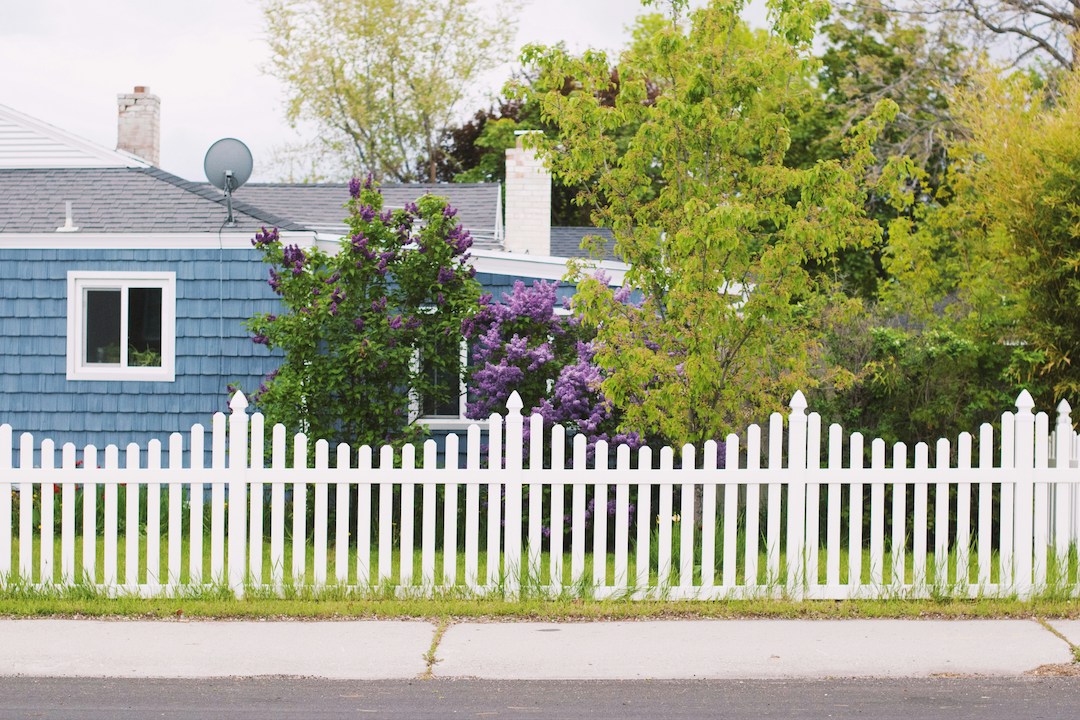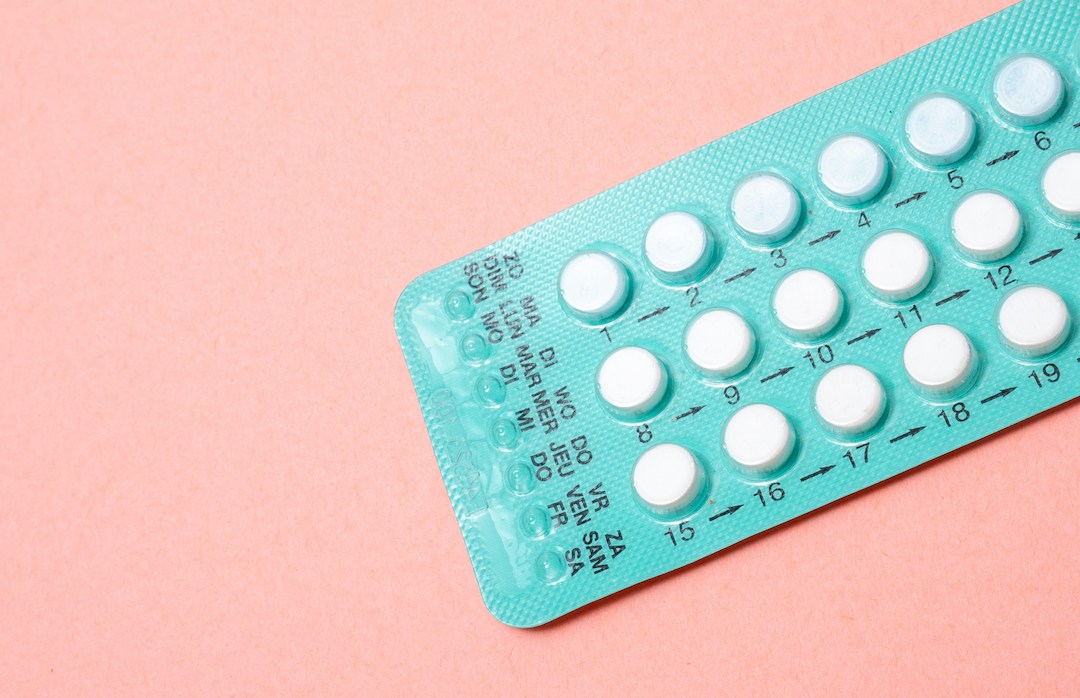Major Australian pharmaceutical organisations are collaborating on an initiative to turn recycled blister packaging into fencing.
The new project is a partnership between Think Fencing, a fencing supply company from Victoria, and Pharmcycle. It will involve taking blister packages recycled at Pharmacycle drop off points from around the country and transforming them into fencing for a more sustainable material future.
So far, Chemist Warehouse, Bloom The Chemist and National Pharmacies have adopted the recycling program into their stores, setting up drop off points for used blister packs.

The surprising plastic killer
Blister packs are a plastic and foil packaging solution with pockets for tablets, capsules and lozenges. According to Chemists Own, Aussies use around 300 million blister packs every year, not including those sold over the counter or containing supplements. The most common plastic found in blister packs is polyvinyl chloride (PVC). For many individuals, it comes as a surprise to learn that this cannot be recycled in regular curbside bins.
According to the CSIRO, in 2022 around 65 percent of plastics consumed in Australia end up in landfill. While PVC was one of the top four most consumed polymers, it had one of the lowest recovery rates in the country. This is because PVC is an extremely durable plastic with a long life span. It is often used in the construction of pipes, with a service life of more than 100 years. Due to this long lifespan and below-ground installation, PVC pipe is often never recovered for recycling. Thus, it is important to implement methods of PVC recycling in other forms, including blister packs.
Ahead of the times
Pharmacycle is currently the only complete recycling solution for used and empty blister packaging in the country. Since its establishment in 2022, the company has introduced more than 360 active collection points and recycled 21 million blister packs.
These packs are typically transported to a processing facility in Sydney after collection. In this facility, the packaging is then weighed to allow for performance tracking, before being sorted. Any contamination, including residual medication or cardboard packaging, is removed and individually recycled or managed, with medication being sent to a licensed facility for disposal.

Once the packaging has been sorted, it undergoes several mechanical recycling processes including shredding, air-density separation and electrostatic separation, in order to separate the aluminium from the plastic. The aluminium is then sent to Weston Aluminium in NSW, while the plastic is reduced into a powder and delivered to Think Fencing.
Fencing of the future
Think Fencing employs an AI-led prototype device first developed by the CSIRO to determine the key properties of each powder delivery, before mixing it with other recycled materials. These include credit card surplus material and window profile offcuts, to create sustainable fencing.
Aside from being environmentally beneficial, the cost of these recycled materials is almost 70 percent cheaper than new resources, allowing Think Fencing to make substantial economic improvements.
“This collaboration highlights the recycling potential of diverse product types when they’re kept out of mixed waste streams – given that existing recycling infrastructure is currently ill equipped to manage these materials effectively,” says Vinyl Council of Australia Chief Executive Jim Coulston.
According to Pharmacycle, “the issue of blister pack waste is one that often goes unnoticed, despite its significant impact on the environment.”
“We firmly believe in the importance of responsible waste management and environmental stewardship. Recycling empty blister packs is just one of the many steps we take to contribute positively to our community and the planet.”
To learn more about sustainable practices reducing carbon emissions, click here.

